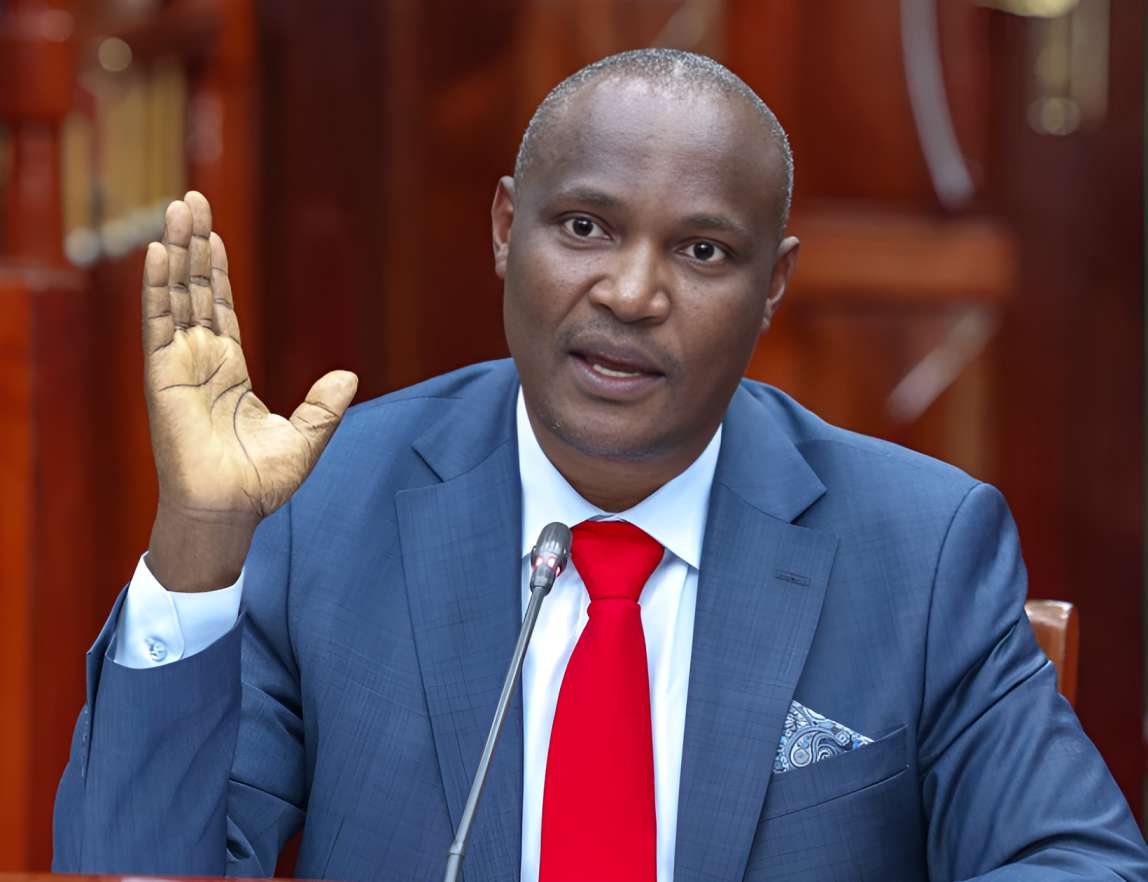Kenya is set to remove several tariff barriers as part of an effort to enhance trade relations with its partner nations, strengthen local manufacturing, and lower the cost of living by making essential goods more affordable.
This initiative is detailed in the Finance Bill 2025, which was recently presented to Parliament by Treasury Cabinet Secretary John Mbadi.
A proposal is being considered to eliminate the 35% or Sh200 per kilogram tariff on imported float glass from East African Community (EAC) countries, contingent on the imports meeting regional quality standards.
Float glass is a key material in construction, commonly used for window panes, glass doors, and household items like coffee tables. Its availability is crucial for the construction and real estate sectors.
Additionally, the bill suggests removing a 25% or Sh200 per kilogram tariff on several self-adhesive plastic products.
These include printed ethylene polymers, vinyl chloride polymers, printed poly(ethylene terephthalate), and other plastics used in packaging and sealing.
These materials play an essential role in manufacturing, particularly in the production of packaging goods, sealing tapes for bulk items, and products used in the printing industry.
By removing these tariffs, the government aims to reduce production costs for local manufacturers and boost regional competitiveness.
Carole Kariuki, CEO of the Kenya Private Sector Alliance (Kepsa), emphasized that the high tax burden has made production costs in Kenya prohibitively expensive.
This, she argued, discourages investment and hinders the country's ability to compete effectively.
She added that while Kenya has strong policies and regulations, their implementation remains a significant challenge, with production costs being a major barrier to growth.
Kenya's manufacturing sector has faced significant challenges in recent years.
In the third quarter of 2024, the industry recorded a modest growth rate of 2.3%, a decline from 2.8% in the same period of 2023.
During a recent session with the National Assembly Finance Committee, Mbadi addressed the sector’s underperformance, stressing that a more substantial investment in manufacturing is necessary if Kenya is to recover its previous GDP contribution of 7.6%.
To further support local producers, the Finance Bill proposes the removal of tariffs on essential food imports, including eggs, onions, potatoes, and snacks like crisps.
This step aims to ease the burden of rising prices in local markets, which have been volatile due to supply disruptions and increasing food costs over the past two years.
By reducing tariffs and promoting more affordable imports, the government hopes to improve food security and enhance the welfare of consumers.
This shift also mirrors broader regional efforts to eliminate trade barriers.
As the current chair of the East African Community (EAC), President William Ruto has advocated for greater economic integration among member states.
The EAC has faced ongoing challenges related to both tariff and non-tariff barriers, which were initially designed to protect domestic industries.
However, with global trade disruptions and rising tariffs from key partners like the United States, there is a renewed emphasis on strengthening intra-African trade.
Kariuki highlighted that recent geopolitical shifts are compelling African nations to rethink their trade and investment strategies.

